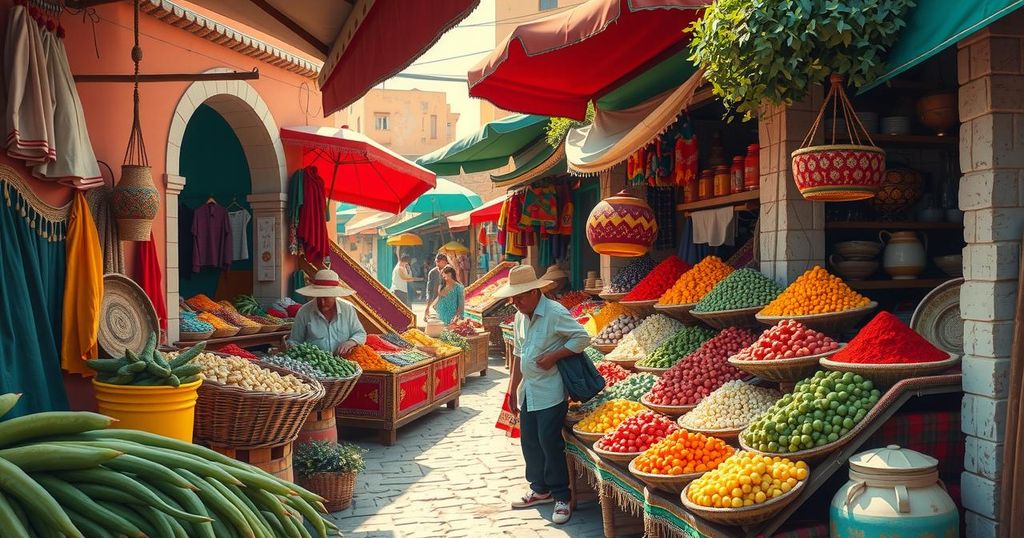In 2024, Costa Rica exported more coffee to Europe than to the U.S. for the first time in history, with Europe taking 42.6% of total exports. This shift marks a significant trend in international trade, driven by a focus on quality and sustainability. Costa Rican officials note that compliance with the EU’s sustainability standards enhances the country’s export potential, ensuring continued demand in eco-conscious markets.
In a historic development, Costa Rica has exported more coffee to Europe than to the United States for the first time in 2024. According to the Foreign Trade Promoter (PROCOMER), Europe received 27,494 tons of Costa Rican coffee, accounting for 42.6% of total exports, while the U.S. imported 25,759 tons, representing 40% of shipments.
Traditionally, the United States has been the primary market for Costa Rican coffee; however, the data from 2024 indicates a notable shift. Guillermo Zúñiga Arias, Director of Commercial Intelligence at PROCOMER, emphasized that this trend reflects the increasing confidence of European markets in Costa Rican coffee quality and sustainability. “This shift reflects the quality and sustainability of our product,” Zúñiga stated.
Supporting this perspective, Gustavo Jiménez, President of the Costa Rican Coffee Institute (Icafé), expressed optimism about the new market dynamics. He noted that the change is beneficial, especially in light of the European Union’s Green Pact, which sets stringent sustainability standards for imports. “It’s very good news. Last year, we sold more coffee to Europe than to the United States, our main buyer historically,” Jiménez remarked.
The Costa Rican coffee sector is well-equipped to meet the sustainability demands of the European market. In March 2024, the country exported its first 19 tons of certified deforestation-free coffee to Italy, demonstrating its alignment with EU environmental goals. Jiménez highlighted that this increased demand indicates Costa Rica’s preparedness for shifts in international trade. The Green Pact requires coffee imports to be free from deforestation links, a standard that Costa Rica meets, enhancing its attractiveness in environmentally conscious markets.
Although there has been a slight reduction in export volumes from 2020 to 2024, Zúñiga pointed out that the value of Costa Rican coffee remains stable or has increased. “We’re competing on quality, especially in markets like Europe and Asia,” he explained. This emphasis on premium quality has helped sustain profitability despite the decline in shipment quantities.
The emergence of Europe as Costa Rica’s leading coffee market underscores the country’s flexibility and dedication to sustainable practices. With the growing global demand for ethically sourced products, Costa Rica’s coffee industry is well-positioned to strengthen its presence in lucrative markets.
The recent shift in Costa Rica’s coffee exportation towards Europe, surpassing the United States for the first time, highlights significant changes in international trade dynamics. The emphasis on quality and adherence to sustainable practices has bolstered Costa Rica’s appeal in the European market. This trend not only reflects growing consumer preferences for ethically sourced products but also demonstrates Costa Rica’s readiness to adapt to evolving market demands. As the industry continues to focus on premium quality, its strategic alignment with international sustainability efforts solidifies its standing in the global coffee market.
Original Source: ticotimes.net




